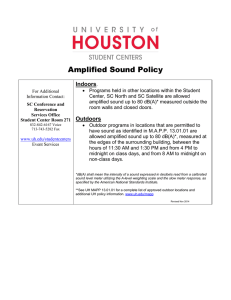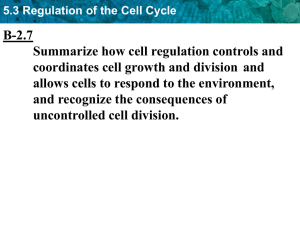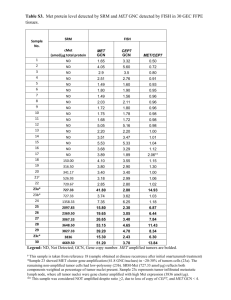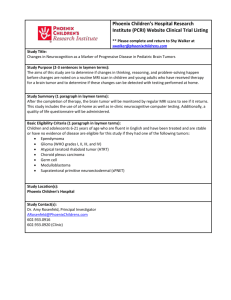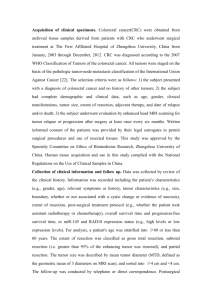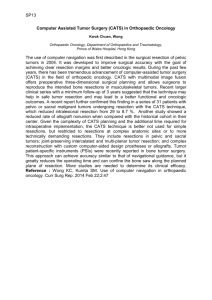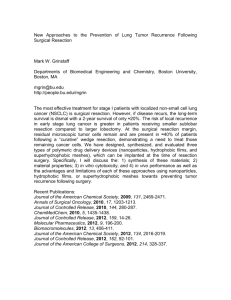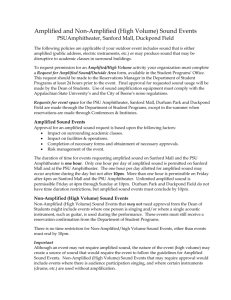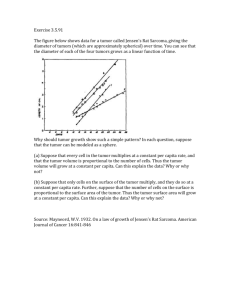Supplementary Table 11: Clinical features of
advertisement
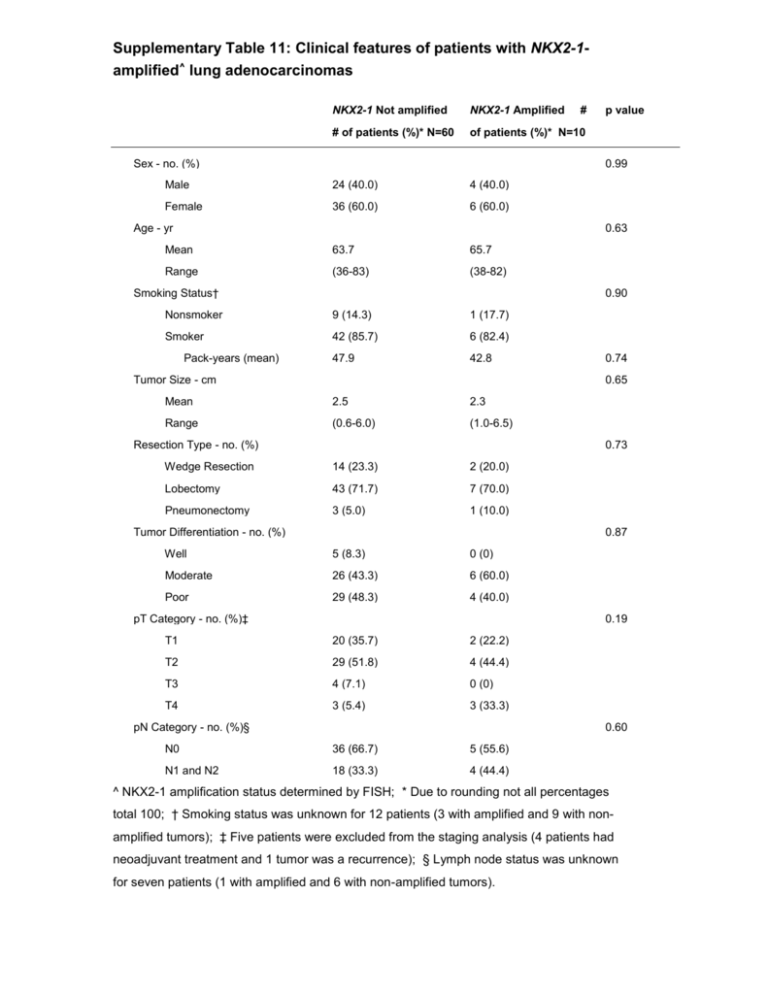
Supplementary Table 11: Clinical features of patients with NKX2-1amplified^ lung adenocarcinomas NKX2-1 Not amplified NKX2-1 Amplified # of patients (%)* N=60 of patients (%)* N=10 Sex - no. (%) # p value 0.99 Male 24 (40.0) 4 (40.0) Female 36 (60.0) 6 (60.0) Age - yr 0.63 Mean 63.7 65.7 Range (36-83) (38-82) Smoking Status† 0.90 Nonsmoker 9 (14.3) 1 (17.7) Smoker 42 (85.7) 6 (82.4) 47.9 42.8 Pack-years (mean) Tumor Size - cm 0.74 0.65 Mean 2.5 2.3 Range (0.6-6.0) (1.0-6.5) Resection Type - no. (%) 0.73 Wedge Resection 14 (23.3) 2 (20.0) Lobectomy 43 (71.7) 7 (70.0) Pneumonectomy 3 (5.0) 1 (10.0) Tumor Differentiation - no. (%) 0.87 Well 5 (8.3) 0 (0) Moderate 26 (43.3) 6 (60.0) Poor 29 (48.3) 4 (40.0) pT Category - no. (%)‡ 0.19 T1 20 (35.7) 2 (22.2) T2 29 (51.8) 4 (44.4) T3 4 (7.1) 0 (0) T4 3 (5.4) 3 (33.3) pN Category - no. (%)§ 0.60 N0 36 (66.7) 5 (55.6) N1 and N2 18 (33.3) 4 (44.4) ^ NKX2-1 amplification status determined by FISH; * Due to rounding not all percentages total 100; † Smoking status was unknown for 12 patients (3 with amplified and 9 with nonamplified tumors); ‡ Five patients were excluded from the staging analysis (4 patients had neoadjuvant treatment and 1 tumor was a recurrence); § Lymph node status was unknown for seven patients (1 with amplified and 6 with non-amplified tumors).
